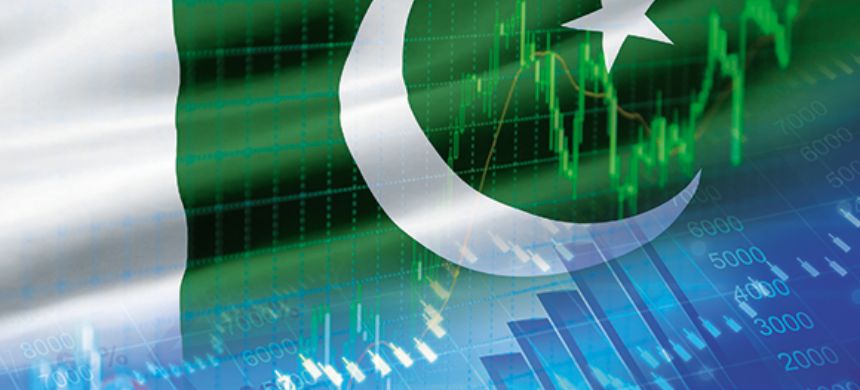Pakistan has made a significant economic turnaround, emerging as the most improved emerging market in terms of sovereign credit risk, according to a new analysis by Bloomberg Intelligence. The report highlights that Pakistan recorded the steepest decline in sovereign default risk over the past year, signaling increased investor confidence fueled by macroeconomic stability, structural reforms, and successful collaboration with the International Monetary Fund (IMF).
Khurram Schehzad, the Prime Minister’s aide on finance, shared the update on platform X, noting that Pakistan’s default probability—measured through Credit Default Swaps (CDS)—dropped from 59% to 47%, the largest improvement among tracked emerging markets. CDSs, which help investors hedge against the risk of government default, reflect a reduced perceived risk when their rates fall.
Read more: The economy requires political stability
While countries like Argentina, Nigeria, and Tunisia also saw improvements, none matched Pakistan’s progress. In contrast, Turkey, Egypt, Ecuador, and Gabon saw increased credit risks. Analysts credit Pakistan’s improvement to disciplined fiscal management, timely debt servicing, and positive credit rating actions by agencies like S&P and Fitch.
The development brings rare good news for Pakistan’s economy, which has faced years of pressure from inflation, external debt, and currency instability. Earlier this year, Fitch upgraded Pakistan’s long-term credit rating from ‘CCC+’ to ‘B-’, citing progress on reforms and fiscal responsibility. Contributing factors include narrowing deficits, declining inflation, rising foreign reserves, and an expected 3% GDP growth in FY25—boosted by remittances projected at $38 billion and continued structural reforms.











